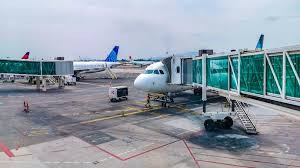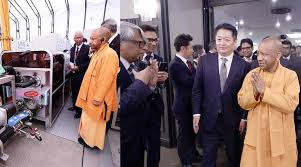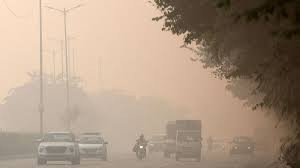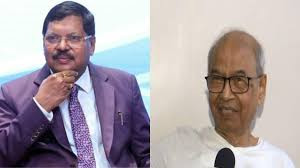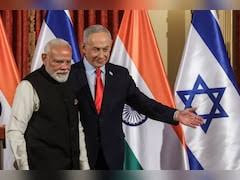PM Modi Tells NDA Meet How ‘Lopsided’ IWT Was Signed: ‘Tired of Washing Congress Sins’
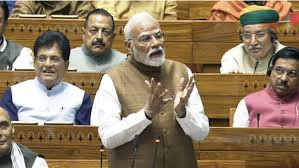
Modi reiterated allegations that Pandit Jawaharlal Nehru, India's first Prime Minister, effectively surrendered eighty percent of the Indus river system’s waters to Pakistan. The treaty, Modi pointed out, was signed in 1960 and subsequently discussed in Parliament much later, bypassing robust legislative scrutiny and democratic debate . These remarks echoed those of BJP national president J. P. Nadda, who termed the IWT one of Nehru’s “biggest blunders,” emphasizing that it compromised India's water security and national interests while sidestepping parliamentary procedure .
This was not the first time Prime Minister Modi had lambasted the treaty. In his Independence Day address earlier this month, he described the agreement as unjust and one-sided, denouncing how Indian-origin rivers ended up irrigating fields beyond the borders while India’s farmers were left “thirsty.” He declared that responsibility for river waters now rested only with India’s farmers .
Beyond symbolic denunciations, Modi introduced tangible actions that incarnated his confrontational stance. After the April Pahalgam terrorist attack, the Indian government placed the IWT in abeyance—effectively suspending its operation. Modi highlighted operational shortcomings around key hydroelectric facilities: dams on the Chenab River in Jammu & Kashmir could not carry out desilting or sediment clearance, undermining reservoir efficiency severely. He underscored how restrictions embedded in the treaty had hamstrung India's ability to optimize even its allocated share of water.
Modi’s speech serves a broader narrative—one that underscores the government's commitment to correcting historical wrongs and restoring India's sovereign control. His invocation of the treaty’s defects, combined with decisive administrative action, not only affirms leadership but also resonates with domestic constituencies demanding accountability from previous administrations.
The backdrop of the NDA parliamentary gathering added weight to the messaging. It was within this arena that Modi reaffirmed his dissatisfaction at being made to “wash the sins” of his predecessors, making a clear political point about legacy, governance, and reform .
Modi’s remarks at the NDA meeting reiterated persistent party criticism of the IWT—framing it as a flawed relic of a bygone era that must be rectified. By combining historical condemnation, constitutional grievance, and policy action, the Prime Minister sought to transform the issue into a defining element of his leadership’s agenda.
You might also like!





